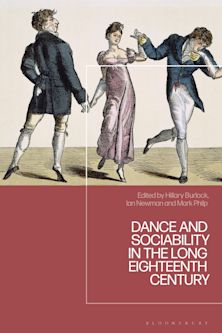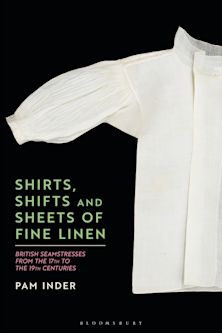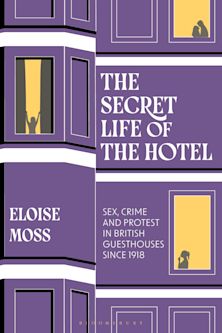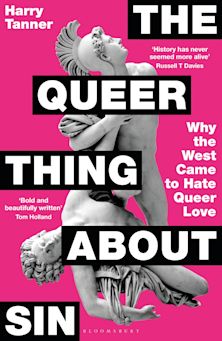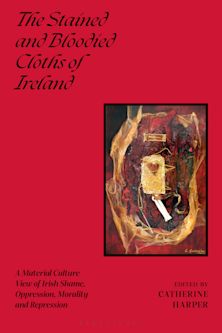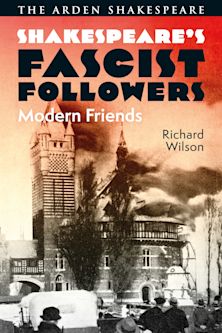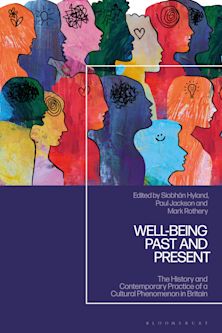- Home
- ACADEMIC
- History
- Social History
- The Boston Police Strike of 1919
The Boston Police Strike of 1919
Politics, Riots, and the Fight for Unionization
The Boston Police Strike of 1919
Politics, Riots, and the Fight for Unionization
This product is usually dispatched within 1 week
- Delivery and returns info
-
Free CA delivery on orders $40 or over
You must sign in to add this item to your wishlist. Please sign in or create an account
Description
At 5:45 p.m. on September 9, 1919, Boston was effectively without a police force, leaving the city victim to four days of crime, looting, and violence. Ordered to disband their newly organized police union, the officers voted to walk off their posts in protest, leading to the greatest tragedy in American policing: the Boston Police Strike of 1919.
This is a compelling account of the historical antecedents that led to the strike and its complex political and societal ramifications. Through meticulous research, Oliver explores the perspectives and motivations of all involved, from the police officers attempting to unionize to the city’s leaders trying to retain command and control of its patrolmen.
Table of Contents
1 America’s First Police Department
2 The Boston Police Department
3 Political Control of the BPD
4 The Great War’s Impact on Boston
5 Boston’s Leadership
6 Governor Calvin Coolidge
7 The Call for Unionization
8 The Road to Hell . . .
9 In the Absence of Police, September 9, 1919
10 The Boston Riots, September 10, 1919
11 Quelling the Violence, September 11, 1919
12 Coolidge Takes Charge, September 12, 1919
13 Firing and Hiring a Police Department, September 13, 1919
14. . . Is Paved with Good Intentions
Epilogue: August 3, 1981
Afterword
Bibliography
Index
About the Author
Product details
| Published | Sep 15 2023 |
|---|---|
| Format | Hardback |
| Edition | 1st |
| Extent | 332 |
| ISBN | 9781538144114 |
| Imprint | Rowman & Littlefield |
| Illustrations | 17 b/w photos |
| Dimensions | 230 x 160 mm |
| Publisher | Bloomsbury Publishing |
About the contributors
Reviews
-
This detailed history of the Boston strike of 1919 is an interesting and intriguing read for not just any Boston police officer, but for anyone interested in the fight for unionization of police officers. Oliver’s depictions and insights of the people involved in this historical moment give us lessons in history and politics that are still relevant and applicable today. A must read for anyone interested in the Police Labor movement.
Larry Calderone, President, Boston Police Patrolmen's Association
-
Boston is often depicted as a relatively calm city. Although remembered as the site where the American Revolutionary War started, it has rarely been seen as the home of ethnic, racial, and class turmoil, at least until the school busing controversies of the late 1970s and 1980s. Oliver’s treatment of the 1919 police strike complicates and animates Boston’s past by looking deeply at the politics and attitudes surrounding the police force's effort to gain fair wages. Taking place at the end of WW I and the final year of the devastating Spanish influenza, the strike revealed the tensions and the civil unrest that typified Boston’s urban history in that era. Immigration from Europe was peaking, with Irish and Italian immigrants leading the surge, and the Great Migration brought many African Americans north. The Great Molasses Flood of January 1919 ignited a fear of anarchists, spotlighting Italian immigrants. Boston Mayor Andrew Peters, who tried to tip toe around Boston's ethnic enclaving, was clearly fearful of the Irish presence in the police force. In the end, it is the depiction of these contextual conditions, rather than the strike itself, that will keep readers engaged and informed in this fine history. Recommended. General readers, lower-division undergraduates, and professionals.
Choice Reviews
-
The Boston Police Strike of 1919 is one of the signal events in Boston's history, and in Willard Oliver's vivid and well-research account, one of the most important in the nation's. He has mined the Boston newspapers and a new database compiled for the Strike's centennial in 1919 to tell the story, and to analyze its importance for Boston, for its police force, and for unions. The strike destroyed the nascent Boston police union, set off a wave of violence in the city, and helped make Calvin Coolidge President of the United States. This is a story that has long needed to be told well, and we are fortunate that Willard Oliver, one of the nation's foremost scholars of police work, has completed the task.
Robert J. Allison, Suffolk University, author of A Short History of Boston

ONLINE RESOURCES
Bloomsbury Collections
This book is available on Bloomsbury Collections where your library has access.












